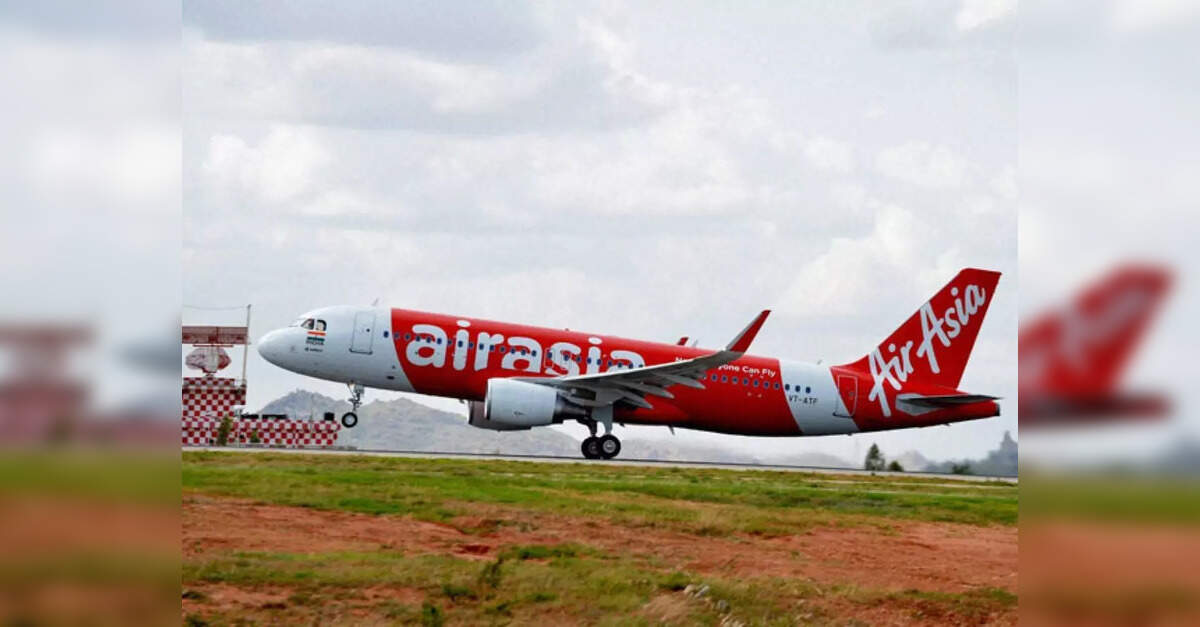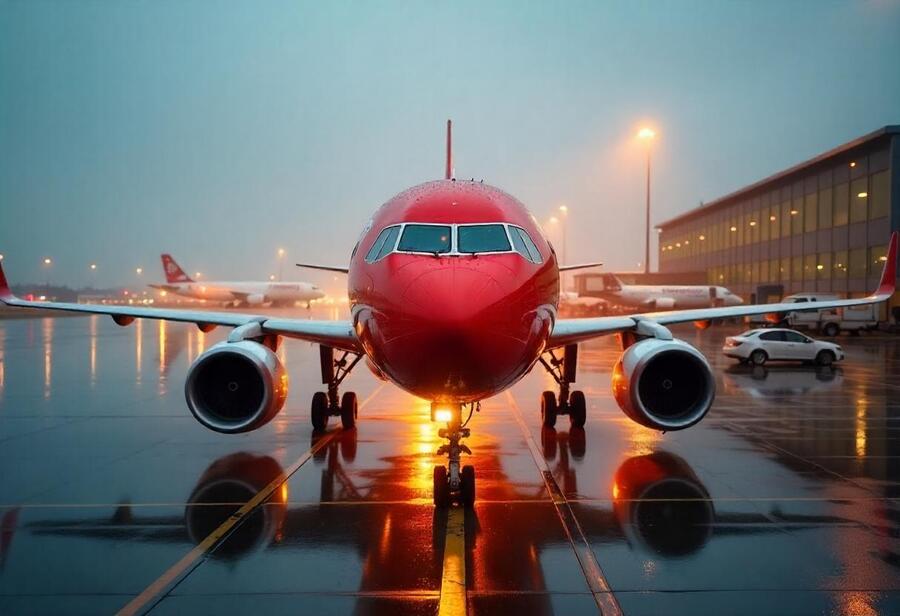Empowering Innovators: ESA's Role in the Success of SpaceSense and F & Z Solutions - ESA Commercialisation Gateway
In the evolving landscape of space technology, two remarkable entrepreneurs have emerged: , founder of , and , founder of . Their unique journeys highlight the transformative power of innovation and the critical support provided by the , that enable entrepreneurs to turn visionary ideas into reality and make significant contributions to the space and non-space sector.
Jyotsna Budideti, founder of SpaceSense.ai, has an inspiring journey that spans across continents and disciplines. Born and raised in India, her academic and professional path took her from UC Berkeley in California to the École Polytechnique in Paris, where she broadened her expertise in aerospace. Her passion for technology, specifically applied mathematics and computer vision, was ignited during her studies, which later led her to work at Airbus. Reflecting on her time there, she says: “I had a fantastic time working on R&D and future projects like autonomous flights”. It was during this period that the idea for SpaceSense began to take shape.
The concept for SpaceSense started to form while Jyotsna was still at Airbus, where she started exploring potential business opportunities by engaging with different customer profiles. “I needed to validate my idea. Was there a real opportunity? Was I solving a genuine problem?” she reflects. As she continued these conversations, it became clear that the NewSpace industry was undergoing a transformation, driven in part by the privatisation of space data.

Plan for Action
Within a year, Jyotsna had identified a . She focused on honing the specific value her solution could bring, while leveraging her background in aerospace and AI. “I felt certain that I had the right skills and experience to solve this problem” she says. Despite the progress, practical challenges remained, such as securing living in Paris and figuring out how to finance her plans. “I had to ask myself: if I didn’t start the company today, would I ever start?”, that question became the catalyst for her leap into entrepreneurship.
Her experience with start-ups and venture capital, gained through her academic and professional career, helped guide her decision-making process. “I knew I needed VC money, and to get traction for the first round of seed funding, I needed a co-founder”. While building the solution from scratch, she recruited a co-founder. “Learning rocket science gives you the confidence to pick up anything” she says with a smile, adding that she took up computer science to build the product herself.
One of the pivotal moments for SpaceSense was its . The combination of support from ESA BIC and the incubator at École Polytechnique gave the company the momentum it needed to grow. “We couldn’t have gotten our first customers without this support” Jyotsna emphasises. “. They were the first to validate that my idea was a real use case and that I was solving a problem”. She describes how invaluable it was to have access to the insights and expertise of CNES, because she did not have a geospatial background.
Why Are You the CEO?
While the technical and business challenges were significant, . She recalls the moment when someone questioned why she, and not her male co-founder, was the CEO. “I was very surprised. I had the product knowledge, the go-to-market strategy, the vision for the company… Yet I was asked why I was the CEO” she recalls. Rather than dwell on it, she confidently responded: “I’m the CEO. This is my vision, my company, and I built it from scratch”.
Jyotsna’s determination and resilience have paid off. SpaceSense has focused on , helping farmers save water and make better-informed decisions. Their work has had a notable impact on the agriculture sector, where their . In April 2024, SpaceSense was merged with xFarm Technologies into Greenfield Technologies, further solidifying its position in this field.
Be Bold and Start
Looking back on her entrepreneurial journey, Jyotsna acknowledges there are things she would do differently. “You always learn a lot through the process. I’ve learned a great deal about people management and planning my steps forward. If I could do it over, I would definitely do things differently”.
When asked what she would tell other aspiring entrepreneurs, especially women, Jyotsna’s message is clear: “What’s the worst that could happen? Just go for it. You’ll never be ready, and there’s nothing that can prepare you for the journey. So, be bold and start”.
‘s journey is a tale of transformation: from a nature-loving scientist exploring the Canadian wilderness to an . Born and raised in Canada, Andrea’s early years were driven by a passion for the environment. After earning a degree in Environmental Science from the University of Guelph, she worked as an outdoor guide, helping others experience the beauty of nature firsthand.
Eager to deepen her expertise, Andrea moved to Norway in 2016 to pursue a master’s programme that aligned with her interests. The breathtaking landscapes of her new home echoed Canada’s. Continuing her studies at the Norwegian University of Science and Technology (NTNU), she completed her PhD in environmental and marine chemistry. “I never imagined I would found a company, let alone one connected to space” Andrea admits, laughing. Yet, the surprising twists of her career led her to co-create F & Z Solutions, a company merging her passion for environmental research with innovative and practical technology.

A Spark of Collaboration
Andrea’s entrepreneurial journey began right after her PhD. While researching microplastics and marine pollution, she sought new methods to collect water samples, critical for her fieldwork. She met , a postdoctoral researcher in cybernetics engineering, who suggested building a . “And I thought, yes, why don’t I just do that? Of course, as a chemist, I can’t build a drone, but Artur made it possible” Andrea recalls. With a shared vision, , a concept that proved to be successful.
Their innovation addresses an existing gap in marine research. Traditional methods require boats and specialised teams, often costly and impractical in remote areas. Andrea and Artur’s drone provides a portable, scalable solution for researchers needing high-quality data without the technical or logistical challenges of conventional tools.

An automatic transect and live position of the vehicle as it navigates the water surface using GNSS
Connecting Marine and Space Research
The drones developed by F & Z Solutions do not just traverse water; they bridge disciplines. Equipped with sensors,. These include water quality parameters, such as measuring particles and organic matter in the water, temperature, and salinity, as well as radiometry measurements. The latter indicate the light conditions at the water’s surface, called “water leaving reflectance”. , making them crucial for validating satellite data and measuring the chlorophyll of phytoplankton.
From University to Entrepreneurship
Launching F & Z Solutions was not without challenges. Transitioning from a decade in academia to the fast-paced world of business was a significant adjustment. “As a researcher, I didn’t have any training in entrepreneurship” Andrea reflects. “, both because of my academic background and as a woman entering this field”. Despite these hurdles, Andrea embraced the steep learning curve, leaning on her scientific expertise.
Support from the has been instrumental in the company’s development. , turning ideas into tangible products. Equally valuable is the access to a network of experts, from marketing to intellectual property management, which helps the fledgling company navigate the complexities of scaling. “” Andrea notes. “It also opened doors to the European market, allowing us to connect with international partners beyond Norway’s borders”.
Solid relationships
Looking back at her early days as a founder, Andrea cannot help but laugh. “When I tell you I had zero idea, I mean zero idea what I was getting into” she says, shaking her head at the memory. She credits local support programmes, like an accelerator in Trondheim (6AM), with helping her become comfortable in her new situation. “They had this crash course, like one week of ‘Okay, here’s what you need to know’” she says. “But having other entrepreneurs around you is also invaluable. They’re the only ones who truly know what you’re going through”. That sense of camaraderie extended to ESA BIC Norway. “The connections we’ve made with other companies in the building have been amazing. We’re collaborating on projects, applying for funding together, and just talking things through when it feels like everything’s a mess. That’s been huge for me”.
Andrea also emphasises the importance of having a solid co-founder. “We make such a great team” she shares. “He’s always believed in me and supported me, and having someone like that, someone who gives you kudos and really has your back, is massive.”
In the end, Andrea’s advice to aspiring entrepreneurs is simple, but heartfelt: “Find people who get it. Surround yourself with others in the same boat. None of us have all the answers, but we’re figuring it out together”.
This article was written for the occasion of the 20 years anniversary of ESA BIC in Europe.
For the full overview of this celebration, go to the LinkedIn group by clicking on the button below.








